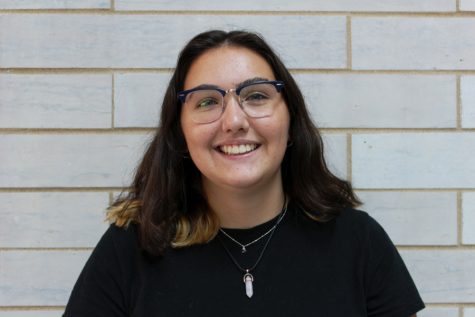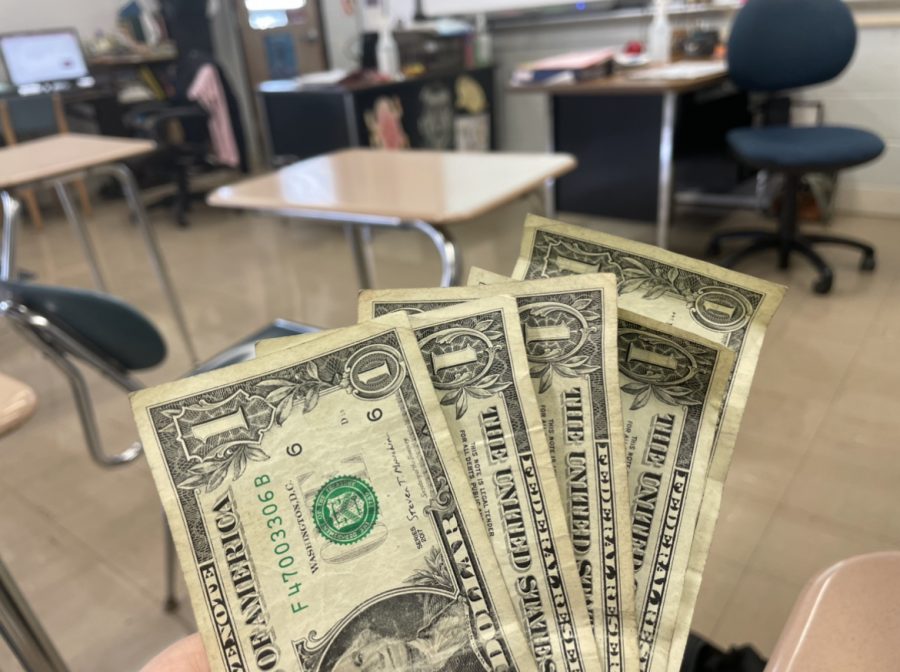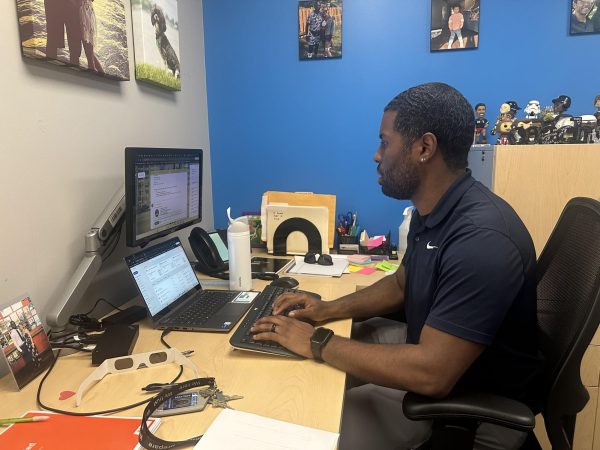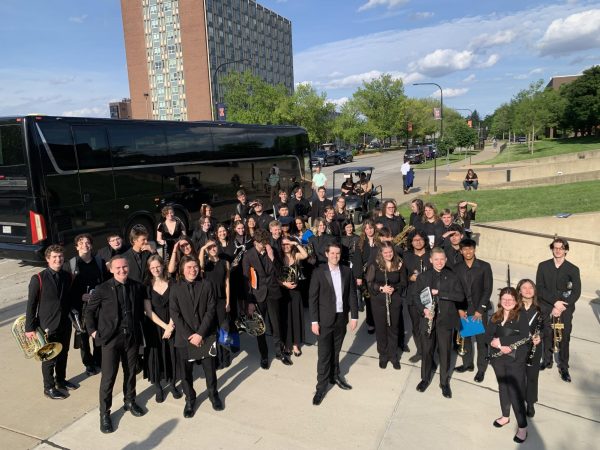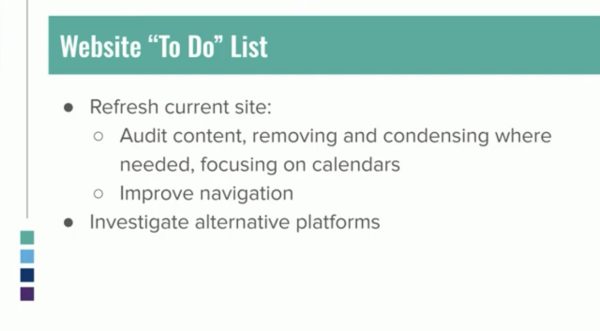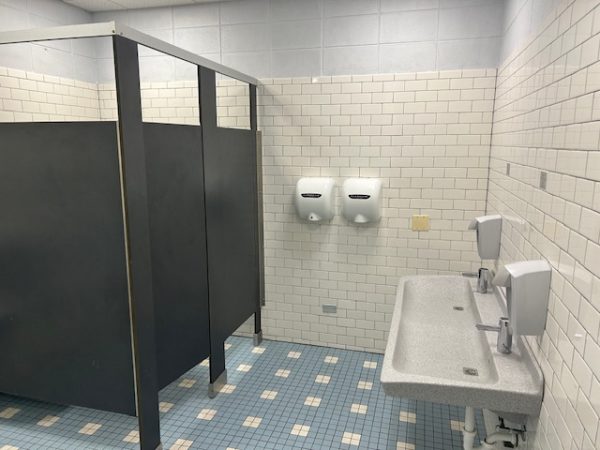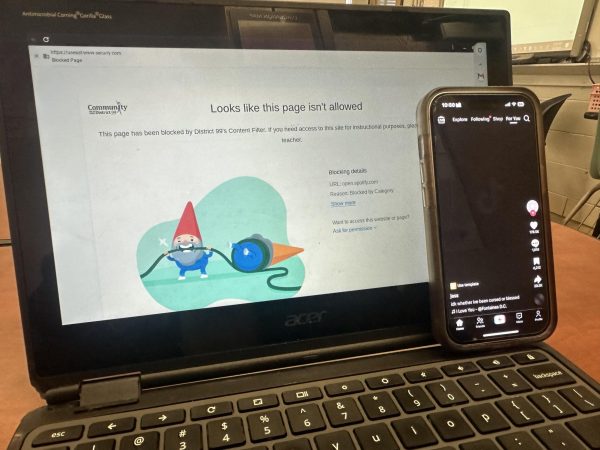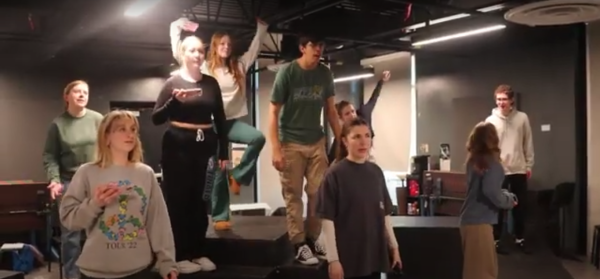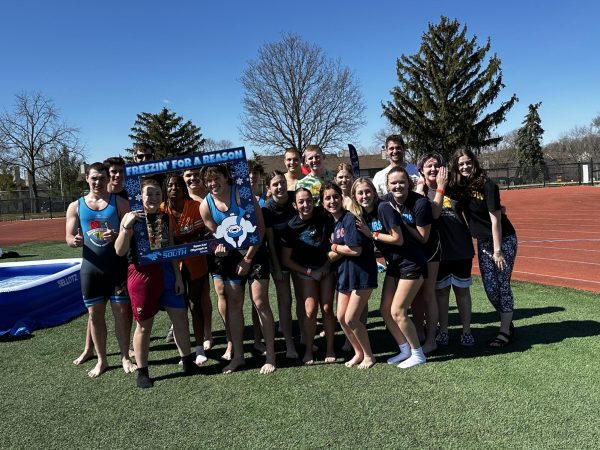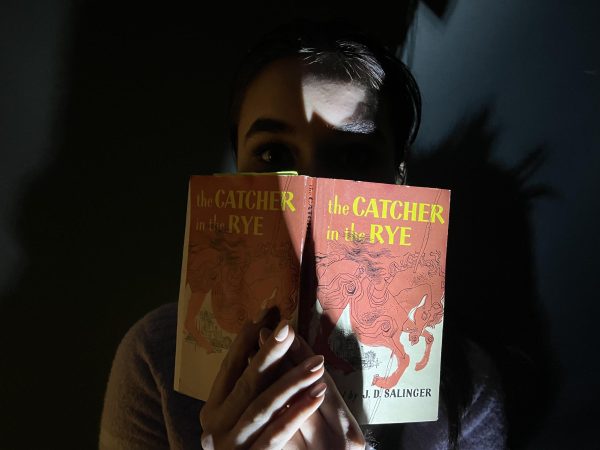DGS welcomes macroeconomics to the social studies course list
Beginning next semester, DGS will be holding a macroeconomics class for the first time. All students will be eligible to take the semester-long, Advanced Placement course as a social studies credit, or as an addition to their schedule.
Social studies teacher, Elaine Marinakos decided to take on the role of teaching the new course. In the past years, Marinakos had taught microeconomics to all students interested in the economy. Since picking up the class, she explains the difference between micro and macroeconomics.
“Micro is how consumers and producers interact; Macro is the overall arching economic policy. So it’s the bigger version of what goes on in the economy and how the government and economy are intertwined,” Marinakos said.
Since the course is Advanced Placement, a teacher recommendation is required for signing up for the class. Students who are interested in how the economy works are always a good fit for the course. Marinakos recommends taking microeconomics first, to learn about individual economics, before diving into world economics.
“I always advise students to take microeconomics first, even though it’s not a prerequisite. It’s more specific, but then they can branch out with macro,” Marinakos said.
Even though this semester-long course is Advanced Placement, Marinakos emphasizes that the majority of the work takes place in the classroom, leaving them with minimal homework.
“In terms of workload, I would say there’s about an hour to an hour and a half of homework a week. So it’s not a huge, heavy homework class,” Marinakos said.
As microeconomics looks at individual economic choices, the new course at DGS introduces students to how the economy works at a global scale. Marinakos explains that even though her main goal is to have students pass the Advanced Placement exam, she also wants her students to gain a sense of understanding of the economy.
“My personal goal is to have [students] look at the world through an economic lens. Everything we do comes down to cost benefit analysis; we’re always trying to balance our scarce resources with what we can do with those scarce resources,” Marinakos said.
Any student interested in taking macroeconomics can talk with their social studies teacher or counselor about picking up the course.

